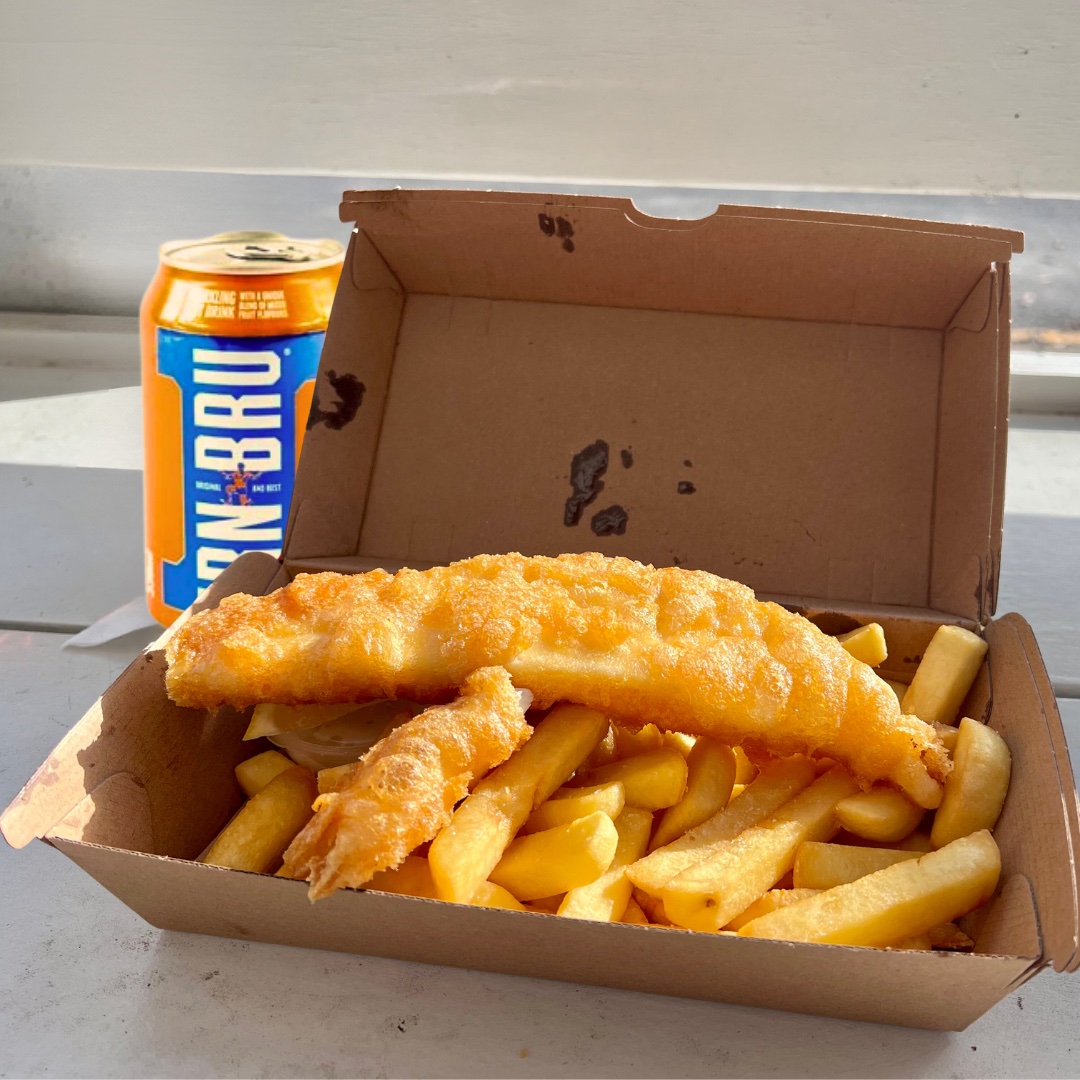- 9 Posts
- 17 Comments

 2·11 months ago
2·11 months agoThis would be char from having been grilled.

 2·11 months ago
2·11 months agoHave updated.

 1·11 months ago
1·11 months agoThanks for asking. I’ll add a description to the post a bit later with what I can remember. The red meat is flank.

 7·11 months ago
7·11 months agoI lived in the UK for 10 years and am married to a Scot, so I understand the similarities and differences!

 31·11 months ago
31·11 months ago

 2·1 year ago
2·1 year agoThanks for asking. It’s a crumb of some type. I was too agog at the prospect of my nice meal that I forgot to note down all the details from the menu. Can assure you that it was delicious. The crumb added a nice texture to the soft scallop and the butter’s smoothness and flavouring didn’t overpower things.

 3·1 year ago
3·1 year agoI if I had ordered 24 of these it would have cost more than the rest of the meal (for two) combined!

 7·1 year ago
7·1 year agoGood point. I nicked the description from an indicative menu on their website as I forgot to note what it said on the menu when I went there. Clearly they altered it since then. Will edit title of
pointpost. I definitely did eat it!
Thanks for posting. I was lucky enough to visit Stockholm, once. The art in the stations was really cool. Would love to return there one day. 🙂

 2·1 year ago
2·1 year agoAccording to this and a couple of other sources, yes, some species of Banksia have been used for their nectar. It’s possible that seeds and fruit may also be edible but don’t take my word for it.

 1·1 year ago
1·1 year agoThe climate there would be good growing conditions. I hope it doesn’t cause issues though. Introduced species can sometimes be problematic.

 1·1 year ago
1·1 year agoProteaceae is a different family, it seems, but is also Gondwanan…so the similarities probably stem from that.

 2·1 year ago
2·1 year agoThe Melaleuceae tribe of plants is mostly centred in Australia, but belong to the family Myrtaceae which was originally from the supercontinent Gondwana …according to the internet. It seems that there are indeed plants of this family in Hawaii and some of the species have flowers that look similar.

 8·1 year ago
8·1 year agoCallistemon! Edit - Callistemon citrinus has been reclassified as Melaleuca citrina. AKA the common red bottlebrush, crimson bottlebrush or lemon bottlebrush. It’s endemic to Eastern Australia. Therefore…
PS - not weird in the slightest

You’re most welcome